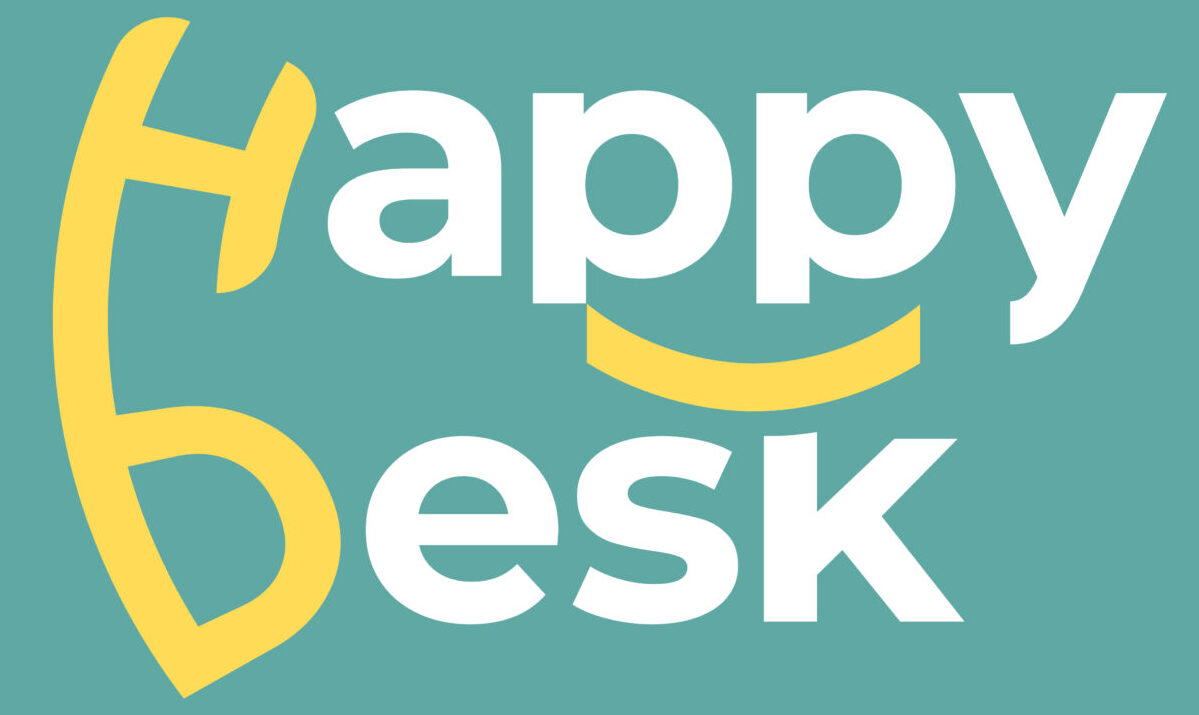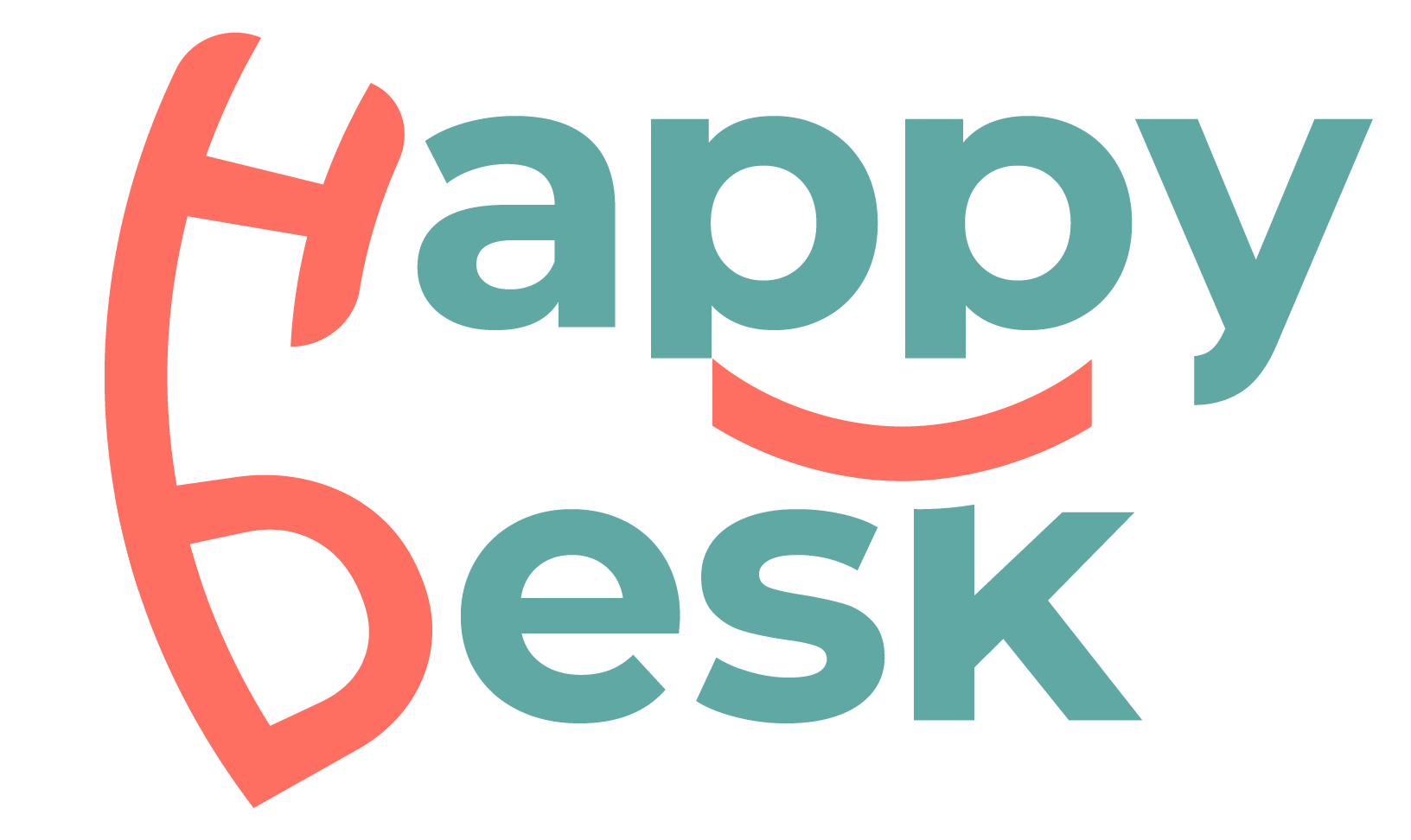As a mental health professional, your time is incredibly valuable. But let’s be real—it often feels like there just isn’t enough of it. Between seeing clients, handling documentation, managing the administrative side of your practice, and finding time for yourself, it’s easy to feel overwhelmed.
Most of us didn’t go into this field with a background in business management. Yet, when we enter private practice, we find ourselves doing it all—sometimes because we don’t realize there are services to help, sometimes because we don’t feel ready to make the investment, or simply because we feel like we should be able to handle everything ourselves. But what if there’s a better way? A way that lets you reclaim your time, without sacrificing quality care for your clients?
Here are some practical strategies to help you reclaim your time!
1. Batch Your Administrative Tasks to Stay in Flow
Administrative work can feel like it’s always hanging over your head. One email here, a quick billing task there—it interrupts your flow and drains your energy. One way to reclaim that mental space is to batch these tasks together.
Instead of handling emails or billing in between client sessions, designate specific blocks of time during your week to knock out all your admin tasks at once. Maybe it’s the last hour of your day on Mondays and Thursdays. This keeps you from constantly switching between your therapist brain and your business owner brain, and it allows you to stay more present with your clients during sessions.
2. Delegate Like a Business Owner (Because You Are One!)
You became a therapist to help people, not to answer phones or deal with billing issues. But running a practice means wearing all the hats—therapist, receptionist, biller, manager—unless you delegate. And many therapists hesitate to do that, often because they don’t know where to start or don’t realize how affordable it can be.
Think about it: You wouldn’t try to treat every single mental health issue if it wasn’t your specialty, so why try to manage every aspect of your business? Delegate what you can. A virtual receptionist, for example, can handle incoming calls, appointment scheduling, and follow-ups, allowing you to focus on what you’re trained to do. You can also outsource billing, insurance claims, or even social media management. The point is, you don’t have to do everything just because you’re in private practice.
3. Automate Client Onboarding and More
Client onboarding can be time-consuming, especially if you’re manually handling every step. Automating parts of the intake process can save you significant time and frustration. For example, send secure online forms through your EHR once the appointment is scheduled. This ensures that everything is done before the first session, so you don’t waste time chasing down paperwork. But this is where delegation can also come in so handy; a virtual receptionist, for example, can contact clients on your behalf if paperwork is not completed in time.
Most EHR systems also offer automated text or email reminders that can be set up to go out a day or two before each session. If you’re not using this feature, it’s time to consider it. If your EHR gives clients the option to cancel or reschedule their appointments on their own, that’s even better! Not only do these features reduce no-shows, but they also help you keep your schedule on track.
4. Protect Time Between Sessions to Reset
Most of us barely have 7-10 minutes between sessions, and while you might not have time to take a walk or nap, you can still use that time to reset. Instead of catching up on admin tasks or jumping into emails, take those few minutes to decompress—whether that’s taking a deep breath, stretching, or just closing your eyes for a minute. These micro-breaks help keep your energy consistent throughout the day.
Trying to multitask between sessions can leave you feeling scattered and drained. Protect those in-between moments for yourself, even if that means staying productive with client-related tasks such as immediately writing your note so that you don’t get a pile up later, or reviewing the next client’s chart so that you’re prepared for the next session.
5. Block Off Time for You
When was the last time you blocked off time in your schedule for yourself? Not just for lunch or a snack, but real time to reset and recharge? Many therapists push through the day without taking meaningful breaks, only to feel exhausted by the time they’re done with clients.
Consider blocking off an hour or two each day that’s just for you. Maybe it’s a longer lunch, a power nap, or time to watch a relaxing tv show—whatever helps you recharge. Taking care of yourself isn’t optional; it’s necessary for your well-being and your practice’s success. When you give yourself permission to take these breaks, you’ll be more focused and energized for your clients, which maximizes their experience as well.
Happy Highlight
As therapists, time is our most valuable resource, but we don’t have to do everything alone. By batching tasks, delegating, automating processes, and protecting time for yourself, you can reclaim hours of your week, reduce stress, and improve your practice’s efficiency. Running a practice doesn’t have to mean running yourself ragged, and if you’re feeling that way, that’s probably a sign that it’s time to make a change.







